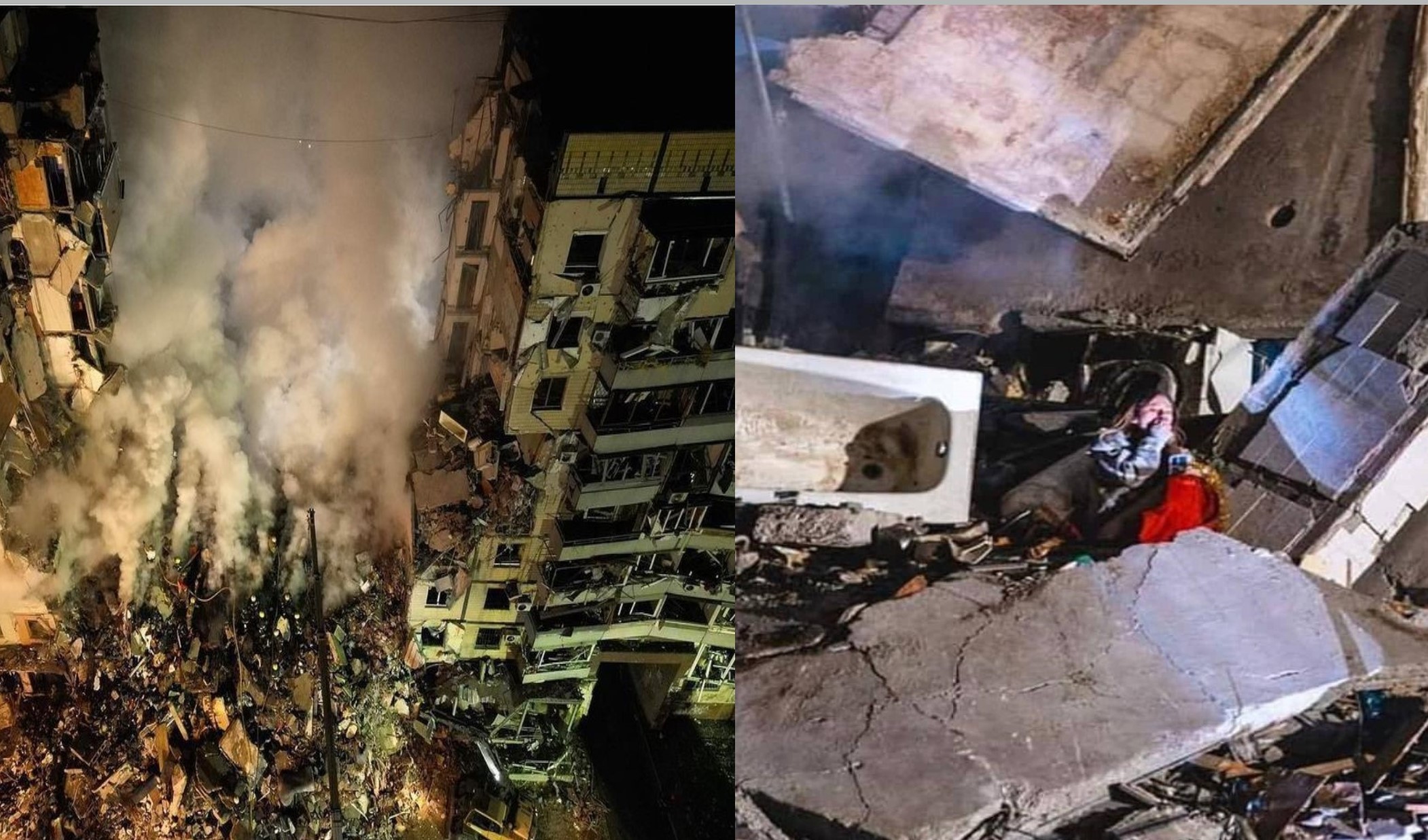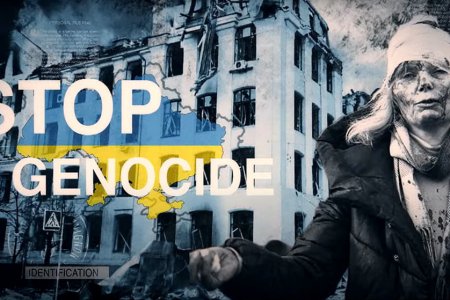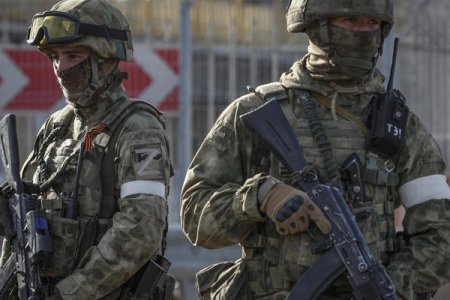
An International Centre for the Prosecution of the Crime of Aggression against Ukraine (ICPA) began its work at the Hague on 3 July 2023, with this hopefully a major step in ensuring that Russia, and its leaders, answer for the most egregious crimes committed in Ukraine.
Russia’s full-scale invasion of Ukraine led to an unprecedently swift response from the International Criminal Court (ICC), which has been investigating likely war crimes committed in Ukraine ever since.
There are four international crimes which fall within the Court’s jurisdiction: war crimes; crimes against humanity; genocide and the crime of aggression. The last of these refers to the use of armed force by a State against the sovereignty, integrity or independence of another State. Although evidently applicable in the case of Russia’s attack on Ukraine, ICC cannot prosecute Russia for its crime of aggression since Russia is not a State party to the ICC.
Within four days of Russia’s full-scale invasion, leading international lawyer Philippe Sands stated clearly that Russia’s use of military force and invasion of Ukraine constituted a crime of aggression and warned that sanctions and financial measures alone were insufficient. Since the ICC lacked jurisdiction, he proposed the creation of “a dedicated international criminal tribunal to investigate Putin and his acolytes for this crime”.
In a Guardian interview, Sands pointed to another crucial point about the crime of aggression. He explained that when it comes to war crimes and crimes against humanity, “you have to show a direct connection between the act that amounts to the crime, and the perpetrator.” He warned that “by focusing on crimes against humanity and war crimes, you’re going to end up in seven years’ time with trials of mid-level folk. And the big issue, the waging of an illegal war, is never going to go to justice. That’s why I wrote that war crimes and crimes against humanity investigations alone could end up as a means of letting the main man off the hook. Every act, every attack, every bomb on a theatre with 1,000 people in it is a crime of aggression.”
In fact, since then, Putin has so actively engaged himself in the criminal deportation of Ukrainian children to Russia that he is now already facing one ICC arrest warrant, together with his so-called ‘commissioner on children’s rights’ Maria Lvova-Belova. His open statements regarding official state funding of the notorious Wagner ‘private military company’ may well result in another arrest warrant.
This, however, does not change the fundamental need for Russia’s crime of aggression to be addressed. Sands’ call for the creation of an international tribunal to specifically deal with the crime of aggression was swiftly endorsed by a huge number of prominent political, legal and public figures.
On 30 November 2022, the European Commission presented “options to make sure that Russia pays for its crimes”, with these including “working with the international community on setting up an ad hoc international tribunal or a specialised ‘hybrid' tribunal to investigate and prosecute Russia's crime of aggression.” EC pointed out that Ukraine and 14 EU states were already working on investigations into international crimes committed by Russia, with these supported, through joint investigative teams, by Eurojust, the European Union Agency for Criminal Justice Cooperation. This describes itself as a unique hub based in the Hague coordinating the work of national authorities – from the EU Member States as well as third States – in investigating and prosecuting transnational crime.
It is Eurojust which is hosting the International Centre for the Prosecution of the Crime of Aggression Against Ukraine (ICPA) In its statement, the European Commission said that ICPA “will be key to investigate Russia's crime of aggression against Ukraine and facilitate case building for future trials. It will provide a structure to support and enhance ongoing and future investigations into the crime of aggression and contribute to the exchange and analysis of evidence gathered since the start of the Russian aggression.”
The Centre will be made up of selected national prosecutors who are participating in the Joint Investigation Team. Eurojust’s role will be to “provide operational, legal, financial, and logistical support, including for preserving, storing, and analysing evidence. This work is essential to prepare for future trials, be it before national or international courts, including a possible tribunal for the crime of aggression or the International Criminal Court (ICC) for crimes within its jurisdiction.”
Despite the assurance from Ursula von der Leyen, President of the European Commission, that “we will leave no stone unturned to hold Putin and his henchmen accountable”, it is not clear how close an actual tribunal on Russia’s crime of aggression has become through the creation of ICPA. It is, nonetheless, a very important first step, and it was appropriate that the inauguration of the Centre was attended by, among others, the European Commissioner for Justice Didier Reynders, ICC Prosecutor Karim Khan and Ukraine’s Prosecutor General Andriy Kostin,
The problem, of course, is that Russia has not just shredded the UN Charter. Up till now, it has ignored all rulings and express orders from international courts, including the UN’s International Court of Justice. The latter’s order that Russia stop its attacks on Ukraine coincided with Russia’s bombing of the Drama Theatre in Mariupol which it knew to be providing shelter to over a thousand civilians.
One can wonder whether an international tribunal would be any different. Since Ukrainian human rights organizations are very actively gathering witness testimony and other evidence of all crimes committed on Ukrainian soil, it is worth recalling the response Sands gave when asked what “the litigation of conflict” can achieve. It firstly, he said, “provides hope to people who are on the receiving end of horror.” “Secondly, it provides a means for delegitimising behaviour.” His third reason need not be considered, as Ukraine has not fallen, but the fourth is important with respect to all international crimes. At some point, Sands noted, a deal would need to be reached. It is not quite clear what he means by Ukraine receiving more leverage through such litigation, but what international courts and tribunals surely do mean is that there can ultimately be no negotiated impunity for Russia’s most egregious international crimes against Ukraine and its people.



